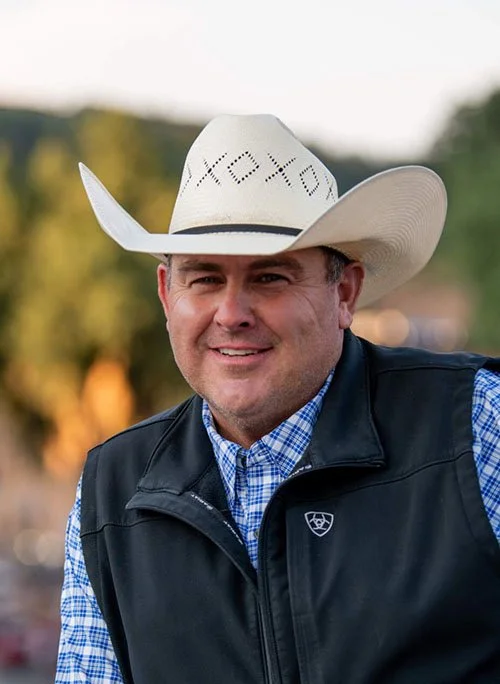A Small Win in a Big Bill: Why South Dakota’s Property Rights Fight Matters for All Americans
By Shad Sullivan
At a time when federal overreach seems to creep further into the lives of everyday Americans, South Dakota has drawn a bold line in the sand: private property rights are not up for negotiation.
Summit Carbon Solutions attempted to use eminent domain to force carbon pipelines through private property across the state. In November 2024, through a 60/40 ballot initiative, the people pushed back, choosing to protect private property and rejecting the idea that the South Dakota Public Utilities Commission should have the authority to override the will of landowners and local control.
Shortly after, lawmakers followed with decisive action. South Dakota Representatives Karla Lems (R-16) and Mark Lapka (R-23) carried HB-1052, a bill that explicitly banned the use of eminent domain for carbon pipeline construction. As Lapka put it, the bill was an effort to restore “constitutional certainty and security of property ownership in South Dakota.” It passed, and with it, a national precedent was set that our most sacred rights would not be infringed, and they would hold steady in the protection of private property.
But the fight didn’t end there. The carbon capture and transfer controversy recently reignited, this time on the federal level.
On May 18, in Washington, D.C., language buried deep in H.R. 1, the “One Big Beautiful Bill Act,” and within the Fiscal Year 2025 budget (CR 14), threatened to undo every inch of ground gained. In Section 41006 was a provision, hidden under the guise of speeding up infrastructure permitting reform, that would have stripped state and local authority over pipeline construction across the board, including those for carbon dioxide, hydrogen, and petroleum.
Worse still, it included a $10 million “expedited review” fee, giving corporations a fast-track lane for license permitting for construction projects, and a clause that would have overridden local and state law entirely, opening the door for land condemnation by the federal government. Essentially, if a federal license was granted, it would override any law on the books.
Thankfully, the effort didn’t go unnoticed. After several days of debate, thanks to the resolve first demonstrated in South Dakota and the vigilance of landowners, advocates, and principled leaders across the country, Section 41006 was completely removed before H.R. 1 passed the House on May 21. This cemented a win for property owners, local control, and states’ rights, and the bill will now be considered before the Senate.
I applaud Congress for its diligence in consideration and debate of this huge bill, moreover, I thank those across the country who helped bring this issue to light before it was too late. We must continue to heavily monitor the legislative branch of our federal government and hold it accountable on every issue.
This issue will be back, perhaps under a different name or a different section, but with the same goal. South Dakota proved that when citizens and lawmakers stand together, liberty holds the line, but we cannot afford to fall asleep at the wheel.
Follow Lonesome Lands
Shad Sullivan ranches in Texas and Colorado, is the R-CALF USA Property Rights Chair, and co-host of the Lonesome Lands Podcast.
Read more from Shad: The Heart of Archer County


